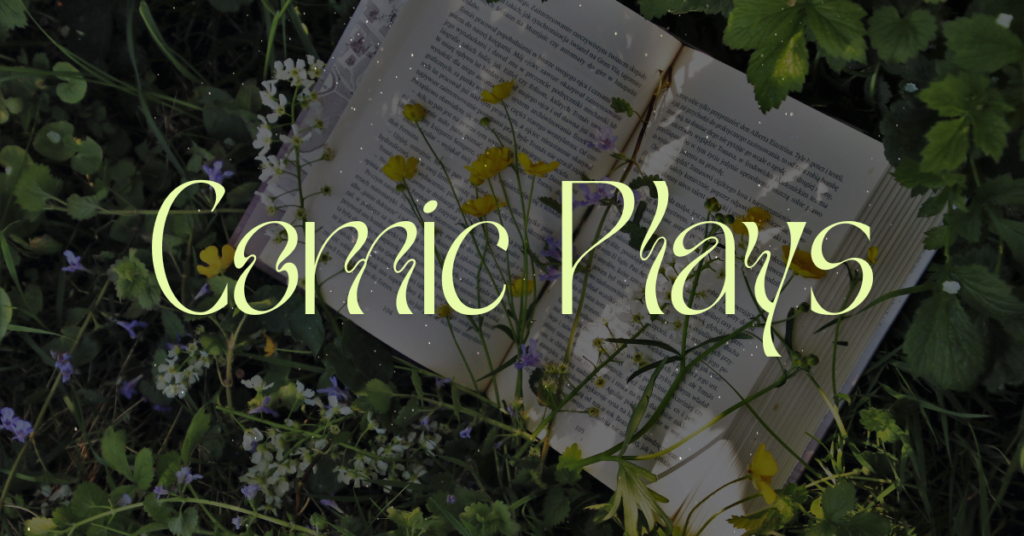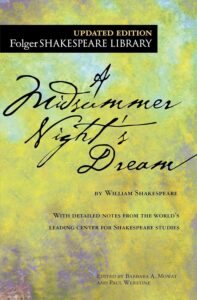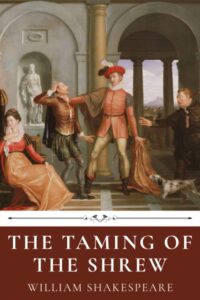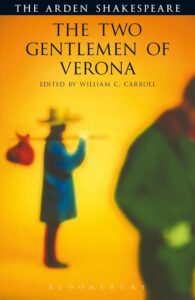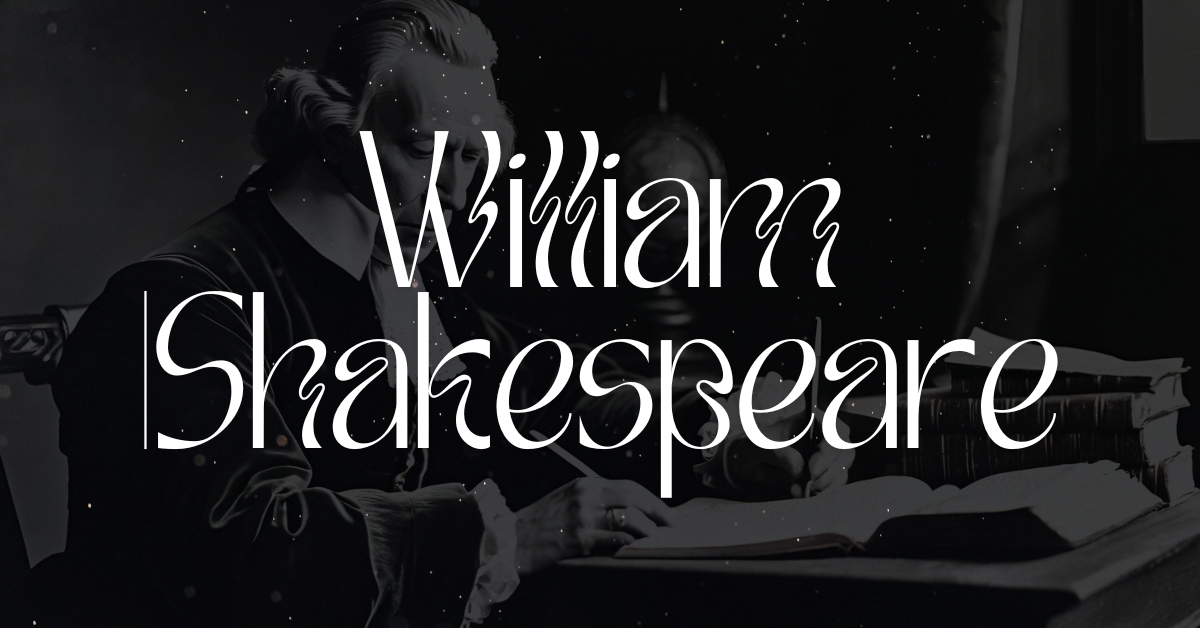William Shakespeare, often regarded as the greatest playwright in the English language, crafted a remarkable array of comedies that continue to delight audiences worldwide. Born in 1564 in Stratford-upon-Avon, Shakespeare works have endured for centuries due to their timeless themes and masterful storytelling.
Shakespeare comedies are timeless gems that blend humor, romance, and clever plots. These plays often revolve around mistaken identities, witty banter, and happy endings, making them enjoyable for audiences of all ages. Whether it’s the enchanting forests of “A Midsummer Night’s Dream” or the charming love stories in “Much Ado About Nothing,” Shakespeare comedies captivate with their light-hearted and entertaining tales.
Table of Contents
The Uniqueness of Shakespeare Comedies
Shakespeare comedies stand out for their intricate plots, rich characterizations, and universal themes. Here are a few elements that make them unique:
- Complex Characters: Shakespeare comedies feature well-developed, relatable characters who often undergo personal growth.
- Wordplay and Wit: Shakespeare use of clever dialogue and puns adds a layer of enjoyment and intellectual stimulation.
- Mistaken identities and disguises: These elements drive the plots and lead to humorous situations and resolutions.
- Happy Endings: Unlike his tragedies, Shakespeare comedies usually conclude with marriages or reconciliations, celebrating love and harmony.
These qualities combine to create comedies that are both entertaining and thought-provoking, resonating with audiences across different eras.
Brief Summaries of Shakespeare Comedies
Shakespeare comedies are known for their clever plots, humorous situations, and happy endings. Here’s a quick look at his famous comic plays:
A Midsummer Night's Dream
In “A Midsummer Night’s Dream,” four young lovers and a group of amateur actors encounter fairies in an enchanted forest, leading to humorous and magical mishaps.
This play explores themes of love and dreams, with multiple intertwining plots that culminate in a joyful resolution.
Key Elements:
Love potions, a mischievous sprite named Puck, and the transformation of a man into a donkey.
Much Ado About Nothing
In “Much Ado About Nothing,” two love stories unfold: one filled with witty banter and misunderstandings (Beatrice and Benedick), and the other threatened by deception (Hero and Claudio).
The play highlights the battle of the sexes and the importance of trust and honor, ending with reconciliation and celebration.
Key Elements: Sharp wit, clever dialogue, mistaken identities, and a plot to ruin a marriage.
Twelfth Night
“Twelfth Night” involves Viola, shipwrecked and disguised as a man, who finds herself entangled in a love triangle involving Duke Orsino and Lady Olivia, leading to mistaken identities and romantic entanglements.
The play explores the fluidity of gender and the folly of ambition, resulting in multiple happy unions.
Key Elements:
Cross-dressing, a comedic subplot with the servants, and the themes of love and identity.
As You Like It
In “As You Like It,” Rosalind, banished from court, disguises herself as a man and explores themes of love and identity in the Forest of Arden, leading to multiple romantic unions.
The play celebrates the pastoral ideal, contrasting city life with the simplicity of the forest, and ends with reconciliation and marriage.
Key Elements:
Gender disguise, pastoral life, and famous speeches like “All the world’s a stage.”
The Taming of the Shrew
“The Taming of the Shrew” features Petruchio attempting to “tame” the headstrong Katherina, while other suitors vie for the hand of her more compliant sister, Bianca, in a comedic battle of the sexes.
The play examines the roles and expectations of women in society, sparking debates on its portrayal of gender dynamics.
Key Elements:
The dynamics of marriage, gender roles, and humorous taming methods.
The Comedy of Errors
In “The Comedy of Errors,” two sets of identical twins, separated at birth, find themselves in the same city, causing a series of mistaken identities and humorous chaos.
The play is one of Shakespeare’s earliest and most farcical works, focusing on themes of identity and reunion.
Key Elements:
Slapstick humor, confusion, and family reunions.
The Merchant of Venice
“The Merchant of Venice” is a romantic comedy where themes of mercy, justice, and revenge are explored as the merchant Antonio borrows money from Shylock, a Jewish moneylender, to help his friend Bassanio woo Portia.
The play challenges societal prejudices and the nature of mercy, culminating in a dramatic courtroom showdown and a happy ending for most characters.
Key Elements:
The courtroom scene, the “pound of flesh” bond, and themes of mercy and justice.
The Merry Wives of Windsor
In “The Merry Wives of Windsor” Sir John Falstaff attempts to woo two married women, Mistress Ford and Mistress Page, to gain access to their husbands’ wealth. The women, aware of his schemes, devise humorous plans to humiliate him.
Key Elements:
Farcical humor, clever plotting by the wives, and Falstaff’s larger-than-life personality.
All's Well That Ends Well
In “All’s Well That Ends Well” Helena, a physician’s daughter, cures the King of France and asks for the hand of Bertram, who initially rejects her. Through wit and determination, Helena wins Bertram’s love.
Key Elements:
Themes of unrequited love, clever female protagonist, and the idea of earning one’s happy ending.
Love's Labour's Lost
In “Love’s Labour’s Lost” The King of Navarre and his friends swear off women to focus on their studies, but their vows are tested when the Princess of France and her ladies visit.
Key Elements:
Witty wordplay, romantic entanglements, and themes of education and love.
The Two Gentlemen of Verona
In “The Two Gentlemen of Verona” Two friends, Valentine and Proteus, find their friendship tested when both fall in love with the same woman, Silvia. Betrayal, disguise, and reconciliation ensue.
Key Elements:
Friendship, loyalty, and the complexities of love.
Timeless nature of Shakespeare Comedies
Shakespeare comedies continue to delight audiences because they are filled with clever humor, unforgettable characters, and engaging plots. The timeless nature of these plays allows each generation to find new meanings and enjoyments in them, making them just as relevant today as when they were first performed.
Lasting Impact of Shakespeare Comedies
Shakespeare comedies have influenced many writers and artists over the centuries. They have inspired countless stories, movies, and TV shows. By exploring his plays, we can see how his ideas continue to shape storytelling today.
Conclusion
Shakespeare comedies have left an indelible mark on literature and entertainment. Their timeless humor, intricate plots, and memorable characters continue to resonate with audiences today. The influence of these works is evident in countless modern stories, showcasing Shakespeare’s lasting impact on storytelling. To truly appreciate the brilliance of these comedies, delve into the full texts and experience the wit and charm that have captivated generations.
For more in-depth reviews and to purchase these timeless works, check out the links provided for each play.
Happy reading!










